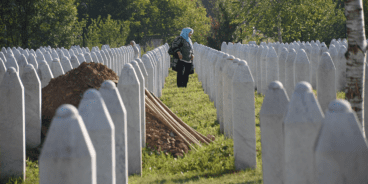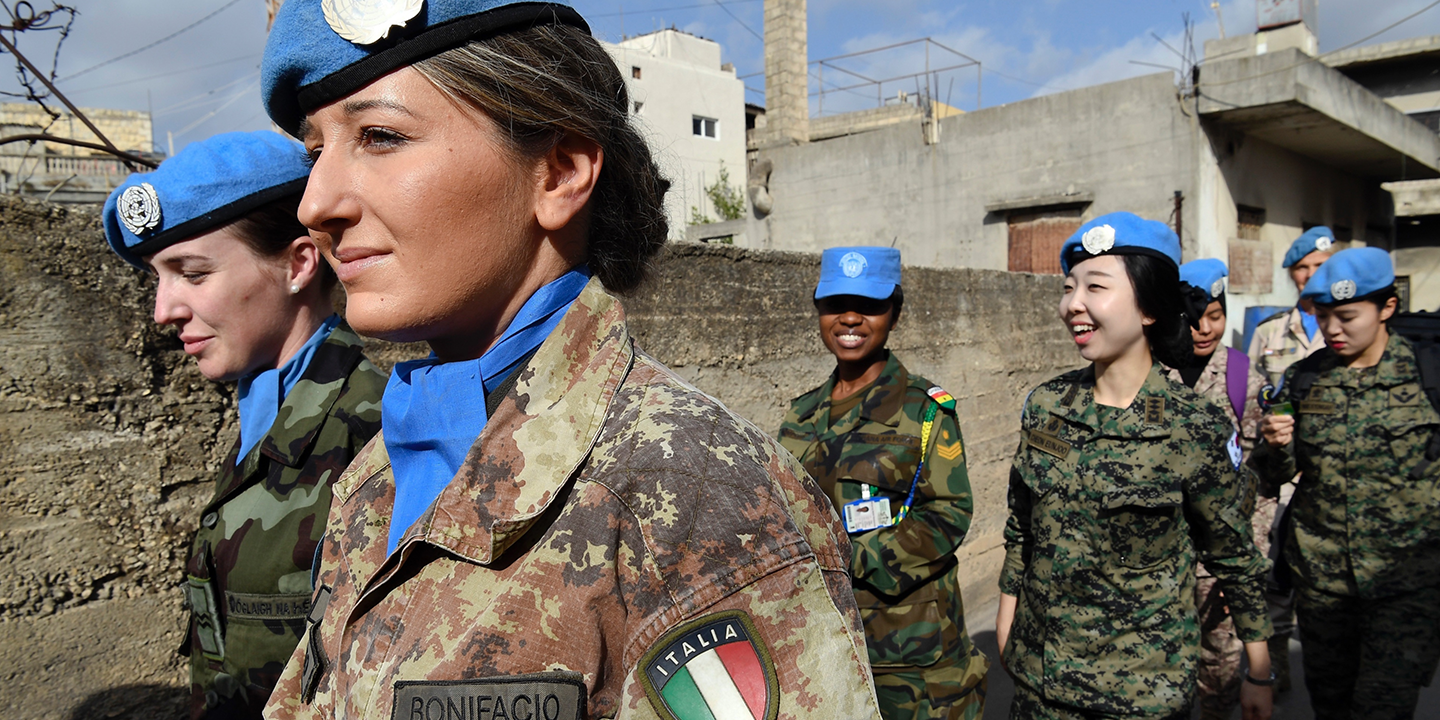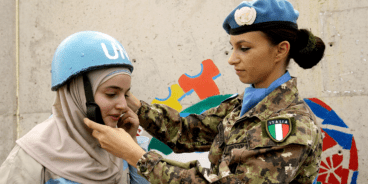

Statement on the International Day of UN Peacekeepers, 2020
Today, 29 May, marks the International Day of United Nations Peacekeepers. The Global Centre for the Responsibility to Protect pays tribute to all UN peacekeepers deployed around the world and recognizes the sacrifice of those who lost their lives in the service of peace and the protection of civilians.
The theme of this year’s commemoration, “Women in Peacekeeping: A Key to Peace,” acknowledges the positive contribution women have made to peacekeeping. Despite efforts to increase the participation of women since the adoption of UN Security Council Resolution 1325 twenty years ago, currently only 6 percent of uniformed military, police, and justice and corrections personnel in field missions are women. Nevertheless, female peacekeepers – both uniformed and civilian – have made critical contributions to the civilian protection and atrocity prevention capacity of various peace operations.
Women peacekeepers often have a unique ability to connect with local communities. This is especially important when it comes to the vulnerabilities faced by local women living in conflict and post-conflict zones who may be at greater risk of abduction, exploitation and various forms of sexual violence. In this regard, women increase the effectiveness of peacekeeping missions, and also aid in mitigating the effects of conflict on women. Women peacekeepers are also currently on the front lines of the UN’s fight against the COVID-19 pandemic, where they are working to protect human rights, supporting public health initiatives and contributing to awareness campaigns.
Today’s commemoration pays tribute to the more than 1 million men and women who have served in 72 peacekeeping operations since 1948. We also honor the 3,928 peacekeepers who have died while serving the United Nations. Last year, 102 peacekeepers lost their lives while on active duty, including 28 killed in malicious acts in the Central African Republic, Mali, Abyei (Sudan/South Sudan) and elsewhere.
Later this year the international community will celebrate the 15th anniversary of the adoption of the Responsibility to Protect at the 2005 UN World Summit. We should renew our determination to ensure that today’s UN peacekeepers are better prepared to protect civilians from mass atrocity crimes than their predecessors. The inclusion of indicators for mass atrocity risks in the Department of UN Peace Operations’ recently published Handbook for the Protection of Civilians is a positive step forward and highlights the indispensable role that peacekeepers can play in the prevention of genocide, war crimes and crimes against humanity.
Peacekeeping is one of the UN’s most important historical innovations and one of its most effective tools. As we honor UN peacekeepers around the world, we remain committed to ensuring that the world’s most vulnerable populations get the effective protection that they deserve.
Related Content


Statement on Genocide Prevention and Awareness Month, 2022
